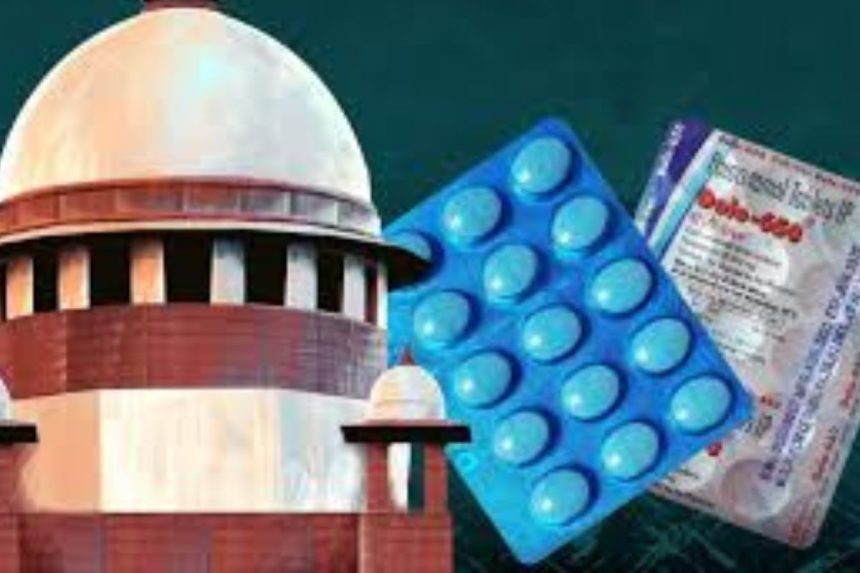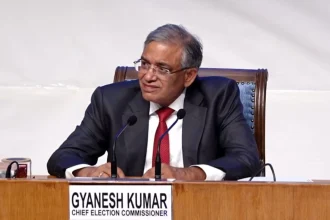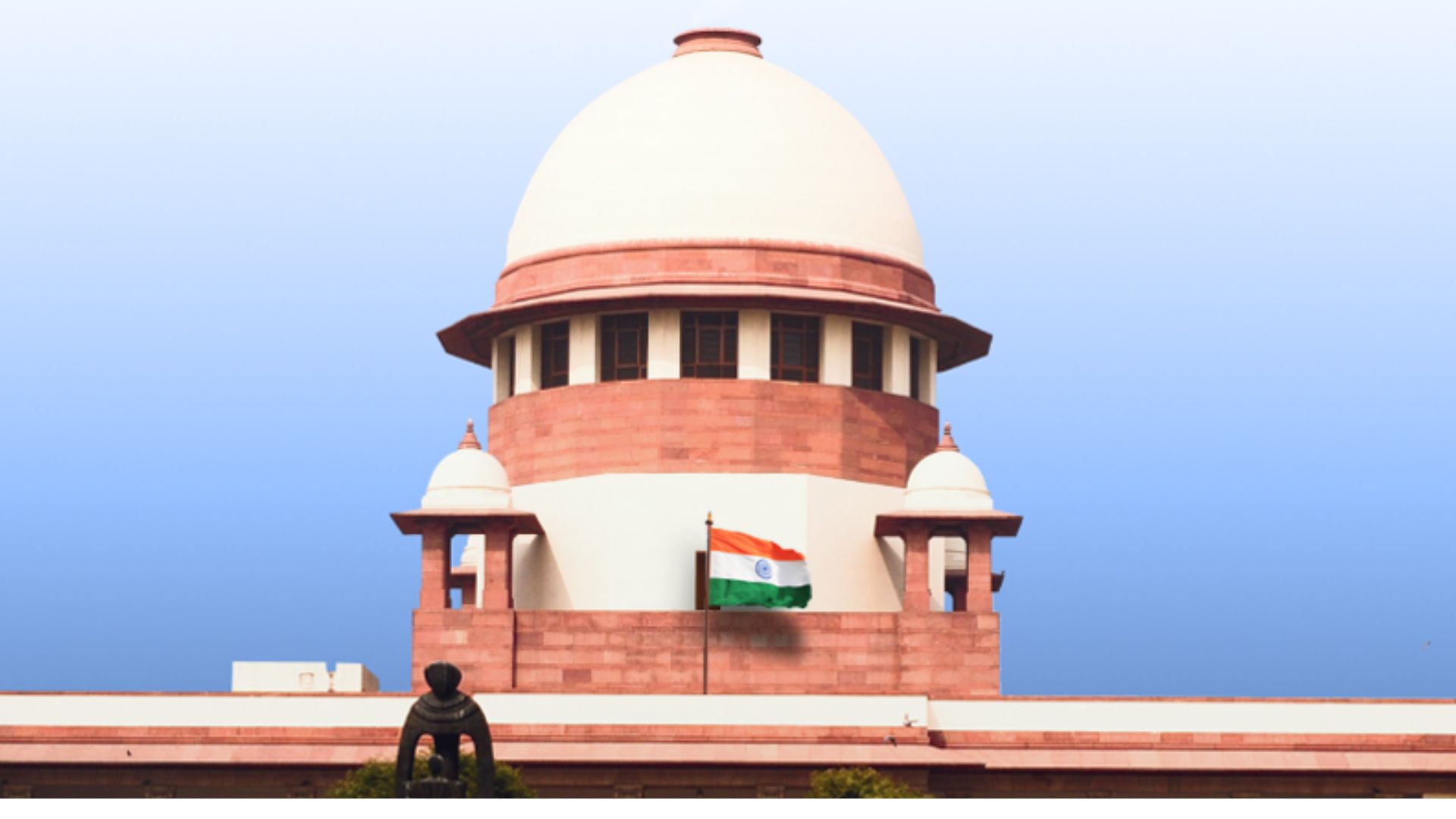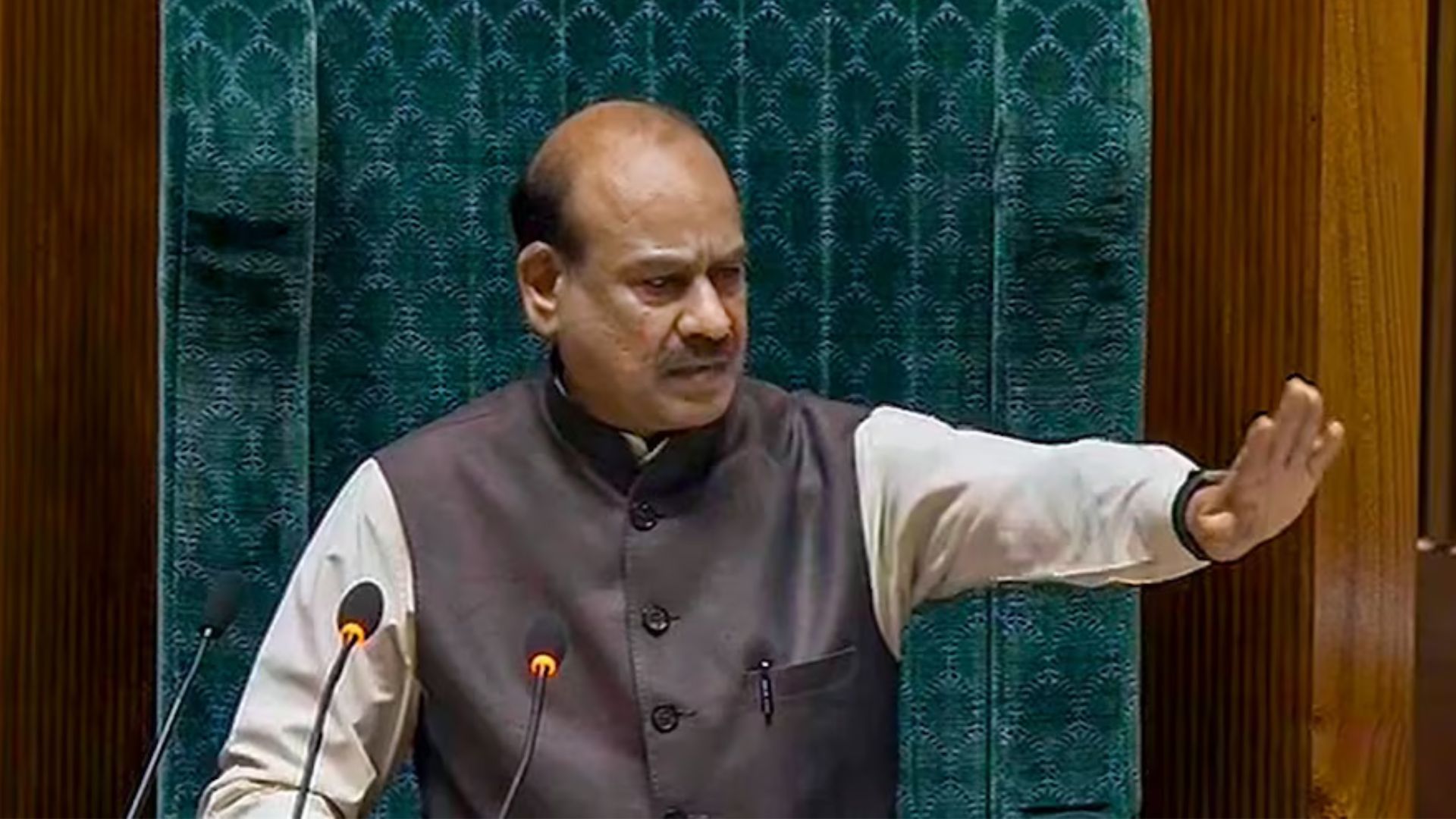The Supreme Court in a recent decision has ordered that doctors should not prescribe in brand names and only use generic names for drugs. This the bench observed would help in solving the issue of corruption in the medical field and also improve the perception amongst the public about the medical profession. The judgement is definitely a well intentioned and very relevant one and medical corruption is a very serious issue in our country today. As our public health expenditure keeps falling out of pocket expenditure on health is well above 4 times the public expenditure and drugs constitute a major proportion of it.
But like many well intentioned initiatives this also looks to be not grounded enough. The debate between generic and branded drugs is very complex and layered. The primary argument for generic medicine is that they vastly reduce the cost of treatment by avoiding marketing costs in a highly competitive market. But the arguments against are much more nuanced. First of all is the fact that it would not stop the pharmaceutical companies from influencing the sellers but would replace the doctor with the pharmacist as who would decide on the manufacturer of the generic drug to be dispensed or even to be stocked. So the pharmacist would now make the choice of manufacturer over the prescription. Secondly the issue of quality, as the patient comes for follow up the doctor assesses the efficacy and makes an opinion about a particular brand, in this case as the doctor is unaware of the manufacturer he is not sure if the problem lay with the quality of the drug dispensed or the choice of medicine itself. Then there is the question of drug combinations. There are drug combinations about 50 times the number of drugs, and these combinations cannot be generic. While combinations often improve patient compliance by reducing the number of pills but often times increase unwanted medication. Drug companies may now aggressively pursue drug combinations with the doctors which may prove counterproductive. The elephant in the room remains updation of drug knowledge. Medicine is a highly evolving field and new drugs are being developed each day. Only a handful of doctors pursue continuous medical education or CMEs the vast majority of them depend on the medical representatives from pharmaceutical companies to inform them on latest drugs and indications. If this relationship is broken, the vast majority of medical practitioners would be deprived of latest developments and would negatively impact the quality of prescriptions.
Many a times we are tempted to shortcuts. That we need not work on inculcation of professional ethics or patient awareness and the issue may be resolved by a judicial or legislative fiat. There is no substitute for ethics.
No substitute for ethics









